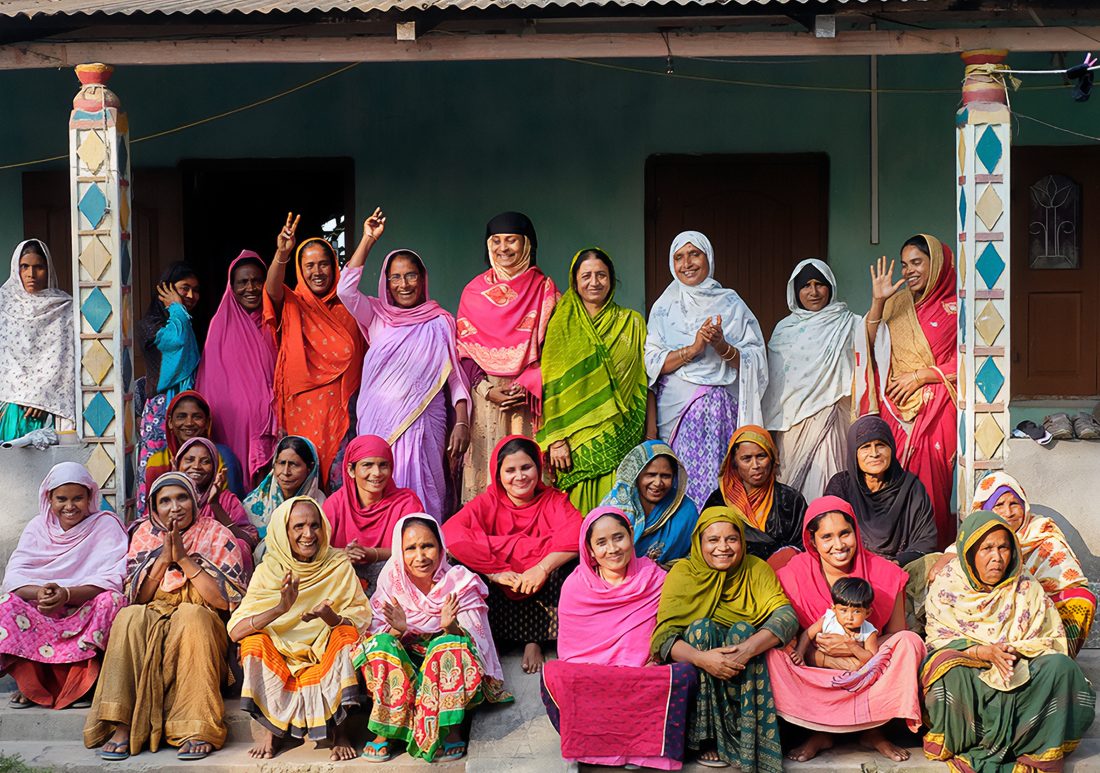
Addressing gender and social norms is crucial to improving nutrition around the world. In particular, promoting women's empowerment in agriculture—by increasing access to income, production for household consumption, and decision-making power—can positively impact nutrition at the household level. To better understand the factors that affect women's ability to adopt behaviors that can enhance nutrition, such as good agricultural practices or equitable food allocation within households, USAID Advancing Nutrition conducted social and behavior change formative research that showed that gender and social norms are critical factors preventing women from participating in livelihood development activities and other household tasks. The research found that women are not seen as capable producers, nor capable of participating in decisions about household assets, and are perceived to lack the skills, knowledge, and confidence to meaningfully participate in agriculture, livelihood development, and household decision-making.
In India, USAID Advancing Nutrition is using insights from this formative research to address gender and social factors that affect women’s empowerment. India lags behind other countries with regards to women’s empowerment with recent studies indicating women’s participation in paid livelihood activities is among the lowest globally. The 2018 World Economic Forum Global Gender Gap Report ranks India 108th out of 149 according to the Global Gender Gap Index (a framework for measuring relative gaps between women and men across four key areas: health, education, economy, and politics) and 142nd out of 149 in female labor force participation.
Informed by social and behavior change formative research conducted in 2022, USAID Advancing Nutrition is implementing a number of strategies aimed at enhancing women's skills, knowledge, and confidence in agriculture, livelihood development, and household decision-making. These include organizing nutrition-sensitive agriculture training sessions for women's self-help groups, facilitating exposure visits to model farms and ponds, and arranging household visits by community cadres to reinforce training messages and facilitate dialogues with couples about how to best support the woman’s role in agricultural activities.
To shift social norms regarding women's roles in agriculture and household decision-making, USAID Advancing Nutrition is working to increase community awareness and shift perceptions. The project is targeting community structures (such as school management committees) to communicate the benefits of women's participation, and conducting household visits to sensitize men and other gatekeepers (village leaders, community elders, etc.)—local male community influencers are also empowered to sensitize other men. Another community mobilization activity implemented by the project involves showing videos depicting women and men working together on agricultural activities and making decisions together.
USAID Advancing Nutrition continues to work in collaboration with local stakeholders and partners, such as the Assam State Rural Livelihoods Mission and Seven Sisters Development Assistance, to increase local capacity to address social and gender norms.